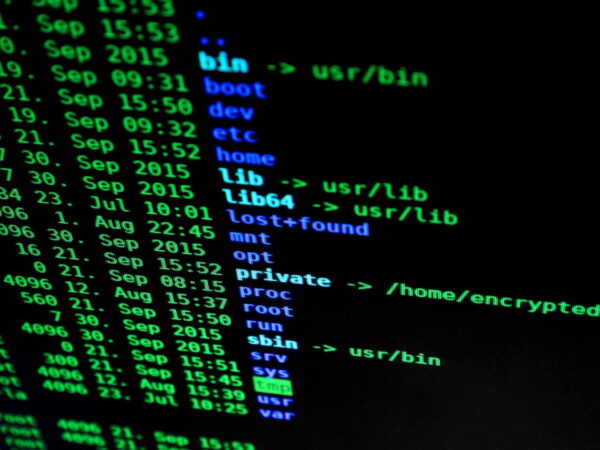✅ Last checked on
In an age where smart devices and online activities dominate our daily lives, ensuring the security of your home network is of utmost importance. From smartphones to smart TVs, thermostats to baby monitors, our homes are filled with internet-connected devices. While these devices offer convenience and entertainment, they also present vulnerabilities that can be exploited by cybercriminals. To maintain a safe and secure online environment for you and your family, it’s essential to understand and implement Home Network Security Essentials.
Home Network Security Essentials

Securing Your Wi-Fi Network
Your Wi-Fi network is the gateway to your digital world, and securing it is the first step in protecting your home network. Here are some Home Network Security Essentials for your Wi-Fi:
- Change Default Passwords: Most routers come with default usernames and passwords. Change these immediately to unique, strong credentials.
- Enable WPA3 Encryption: Use the latest encryption standard to prevent unauthorized access to your network.
- Hide Your SSID: Make your network less visible by disabling SSID broadcasting.
- Regular Firmware Updates: Keep your router’s firmware up to date to patch security vulnerabilities.
Strong Password Practices
Passwords are your first line of defense against unauthorized access. Here’s how to manage them effectively:
- Use Complex Passwords: Create strong passwords with a mix of letters, numbers, and special characters.
- Enable Two-Factor Authentication (2FA): Add an extra layer of security by requiring a second verification step.
- Password Manager: Consider using a password manager to generate and store complex passwords securely.
Network Segmentation
Dividing your network into segments can help contain potential threats:
- Guest Network: Create a separate network for guests to keep them isolated from your main network.
- IoT Network: Smart devices like cameras and thermostats should be on a different network to prevent them from compromising your main network.
Firewall and Antivirus
Installing a robust firewall and reliable antivirus software can significantly enhance your network’s security:
- Firewall: Configure your router’s firewall settings to block malicious traffic.
- Antivirus Software: Install trusted antivirus software on all connected devices.
Regular Updates
Keeping your devices and software up to date is crucial:
- Operating System Updates: Enable automatic updates to ensure your devices have the latest security patches.
- App Updates: Keep your apps up to date, as outdated software can be exploited by hackers.
Safe Browsing Practices
Educate your family members about safe online behavior:
- Phishing Awareness: Teach them to recognize phishing attempts and avoid clicking on suspicious links.
- Download from Trusted Sources: Only download software and apps from reputable sources.
FAQs
How often should I change my Wi-Fi password?
It’s a good practice to change your Wi-Fi password every few months or immediately if you suspect unauthorized access.
Is it necessary to use a VPN for home network security?
While it’s not necessary, using a VPN can add an extra layer of security by encrypting your internet traffic.
What is the most common mistake people make in home network security?
The most common mistake is using weak or default passwords for their Wi-Fi network and devices.
Can I use the same password for all my online accounts?
No, using the same password for multiple accounts is risky. If one account is compromised, all others become vulnerable.
How can I secure my smart home devices?
Securing smart home devices involves changing default credentials, keeping firmware updated, and placing them on a separate network.
Is antivirus software necessary for smartphones and tablets?
Yes, smartphones and tablets are susceptible to malware, so it’s advisable to install antivirus software on these devices.
Conclusion
In the digital age, home network security is non-negotiable. By implementing the Home Network Security Essentials outlined in this guide, you can fortify your defenses against cyber threats and enjoy a safe online experience for you and your family. Remember, staying informed and proactive is the key to a secure digital haven.